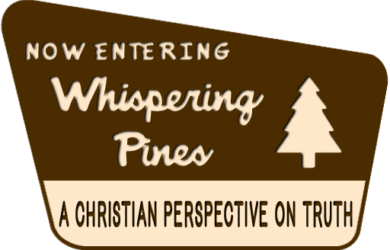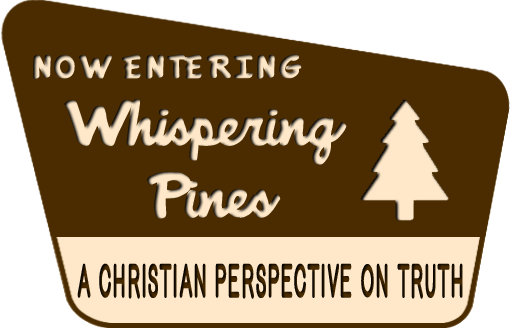The Sual Alinsky Conundrum
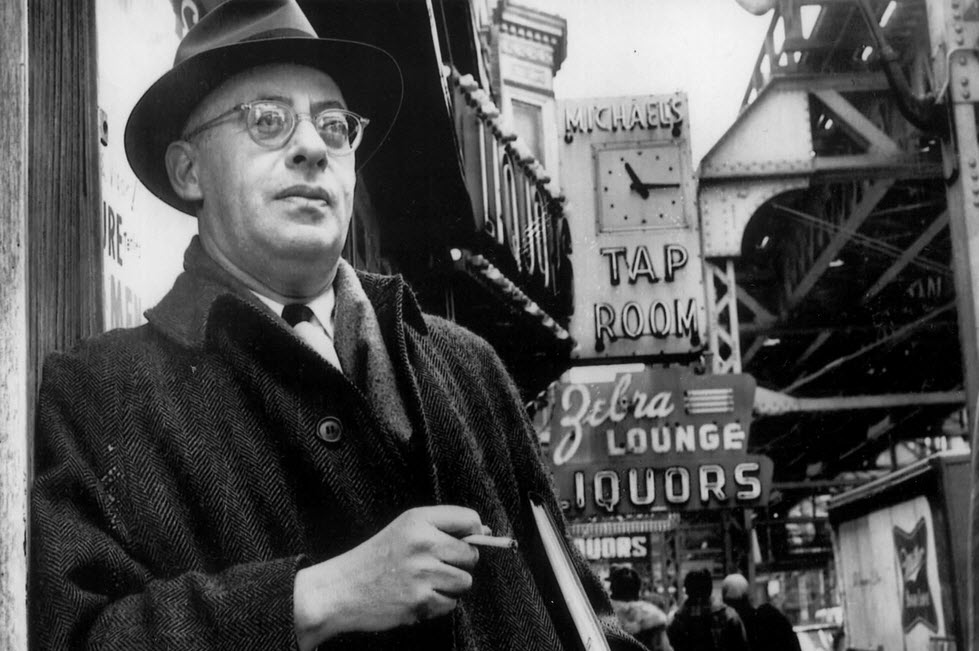
Saul Alinsky defines a “radical” as encompassing the ethics (or lack thereof), attributes, and evil of the devil. Then he proceeds to herald radicals as heroes of society in his book “Rules for Radicals”. Do they have rules? They have methods.
"Lest we forget at least an over-the-shoulder acknowledgment to the very first radical: from all our legends, mythology, and history (and who is to know where mythology leaves off and history begins — or which is which), the first radical known to man who rebelled against the establishment and did it so effectively that he at least won his own kingdom — Lucifer." Saul Alinsky - from the forward to his book "Rules for Radicals"
Whether the devil is a legend, mythology, or historical figure, Saul Alinsky seemed to relish outlining details of the devil’s character to honor his behavior, which inspires Alinsky’s “radical” behavior.
Because he advocates the behaviors embodied in the devil—virtual evil—that deserves our focus despite its effectiveness in helping “powerless people”.
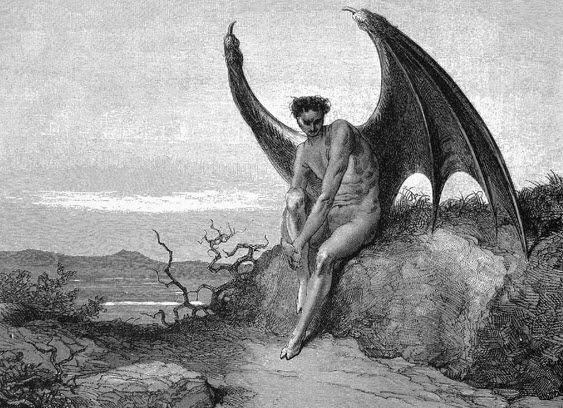
Is it really good for the whole? Is it really good for the “powerless people”?
Let’s examine this using the allegory Alinsky chose in his book Forward. He pulls the devil out of context to highlight an indulgence in evil as a foundation for his methods. He also ignores the bigger picture to do that.
The devil isn’t a trustworthy character we should emulate or follow. Whether fictional or real, his attributes embody what society has always considered evil. His methods have been actively addressed as wrong in our laws since time immemorial. Those laws have been universally adopted by human rights associations worldwide.
Alinsky’s methods are deceptive, sneaky, destructive, and morally wrong. Even if they bring attention to social dysfunction, they don’t support all of us, only special interest groups. They actually alienate good people instead of promoting unity. Unity promotes fairness and justice. Disunity doesn’t do that.
We need to define our focus instead of micro-focusing on a process that may get results being fought for, but leave a trail of destruction, disharmony, and lack of unity. Are we trying to make the world better? Or just make it better personally, and who cares about the rest?
The Establishment Represents Good Things Too

Alinsky doesn’t go into the symbolism of the “establishment” that the devil “rebels against”. He rebels against God, who created him. However, God embodies perfect love and acceptance of all people. Basically, the “establishment” symbolizes a system there to help all people. Is any human-made system perfect? No, but it also isn’t an evil system worthy of the focus of rebellion.
The devil assumes he is somehow better than God and that he has better ideas than the one who made him.
The devil is a legend in his own mind, and he is better than God’s establishment (he thinks). Seems like Saul Alinsky is the same. He emulates the characteristics of the devil. The devil assumes he is somehow better than God and that he has better ideas than the one who made him.
The point we make here is that Alinsky goes on the assumption that the “establishment” is bad. His methods assume the “establishment” should be rebelled against because that would help “the powerless”.
Consequently, it’s an open game—anything can be defined as bad and an enemy to helping the “powerless people”.
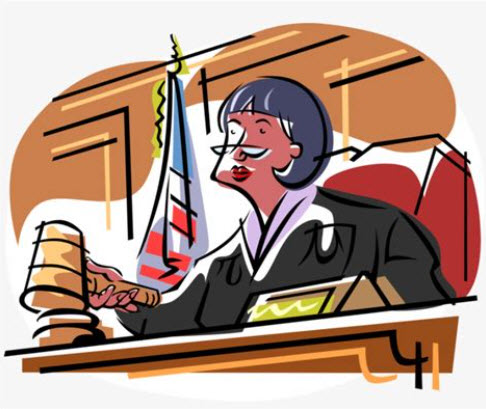
Basically, this is a destructive mindset, and the methods can be abused to do things the vast majority do not want. That makes it dangerous—to all of us.
Police, Fire Department, Justice System, Road Maintenance, City Planners, Architects, Doctors, Nurses, Hospitals, EMTs—think about it, and you can add to the vast list of entities important to infrastructure that are not even close to evil—all of these things are part of the “establishment” Saul and the devil would rebel against. To Alinsky’s way of thinking, these things all have evil attributes—they all cast off the powerless as unimportant. That’s part of the mentality of “community organizers”.
Zoom Out to the Big Picture—Human Behavior Choices Are The Problem
In 2016, the Washington Post ran a hit piece on Ben Carson, contrasting him against Hillary Clinton, Saul Alinsky, and Lucifer (the devil) and mocking him. The article is obviously a political message meant to attack Ben Carson without interviewing him. Mr. Carson’s points though, are well taken, even if they are only part of the whole picture.
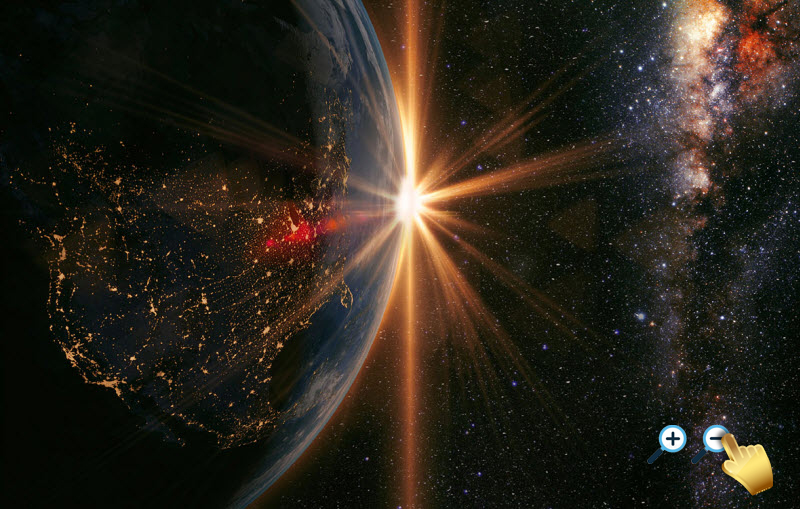
The “establishment” in and of itself is not the problem. The decisions people make are the problem. Alinsky refers to bad decision-makers as the “establishment”. It does not follow that because some people make bad decisions, and those people belong to the “establishment”, the “establishment” consists entirely of bad decision-makers.
Only in the sense that people may be set in their ways may it be an “establishment”, but those people are not the “establishment” in its entirety. It isn’t even likely the majority or even close to the majority.
Alinsky’s philosophies break down because in the process of acting morally toward the “powerless people”, he acts immorally toward everyone else in the “establishment”—unless, of course, they agree with him and his methods. But all other people and methods are “the Establishment”, and that’s bad…very bad. And we must fight the “establishment”!
So many, wanting to help the powerless people, are indoctrinated in the devil’s ways, unaware that where they are going is going to spoil them for a decent life. They are unaware that their actions might help one group, but in the process, they divide people and cause tension and a lack of peace that isn’t even necessary.
Alinsky’s Methods – The After Affect
Alinsky’s methods marry the devil’s methods (evil) to helping “powerless people”—the forgotten and marginalized that the “establishment” has outcasted, in his opinion. Alinsky essentially elevates evil to a god-like status as an ingenious way to get around problems that block the “powerless people” from getting help. He believes he is better than the establishment.
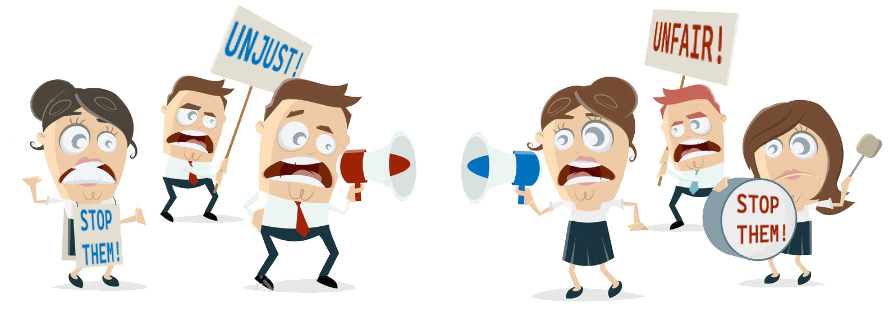
His methods include deception and a working theory that the typical person is a “useful idiot” who can be easily persuaded, through their emotions, to comply with the demands of groups plying the methods. But such people are willfully ignorant—they aren’t idiots; they just don’t invest the time to understand the issue well enough to make informed decisions and let their emotions control their thinking.
He advocated wrapping a cause in a cloak of humanitarianism—a deception.
That description demonstrates the cynical mindset of someone who rejects the establishment as purposefully and deliberately casting out the “powerless”. He doesn’t see anything good about the “establishment”. When put that way, it doesn’t sound as good, though, does it?
Who are the “powerless people”, and who decides who they are?
Do we assume the “powerless people” are people who don’t get “served” because they fit some arbitrary description? Maybe ethnicity? Maybe economic status?
When it comes to having “power”, most Americans—even well-off white Americans (the typical target of “community organizations”), once they have cast their vote and elected representation, cannot get what they want if that goes against the simple majority. It’s how things work in a democracy with the diversity of the “world’s melting pot”.
Diversity and culturally specific behavior choices—not the “establishment”—cause such exceptions.
Who has power depends on who is defining it.
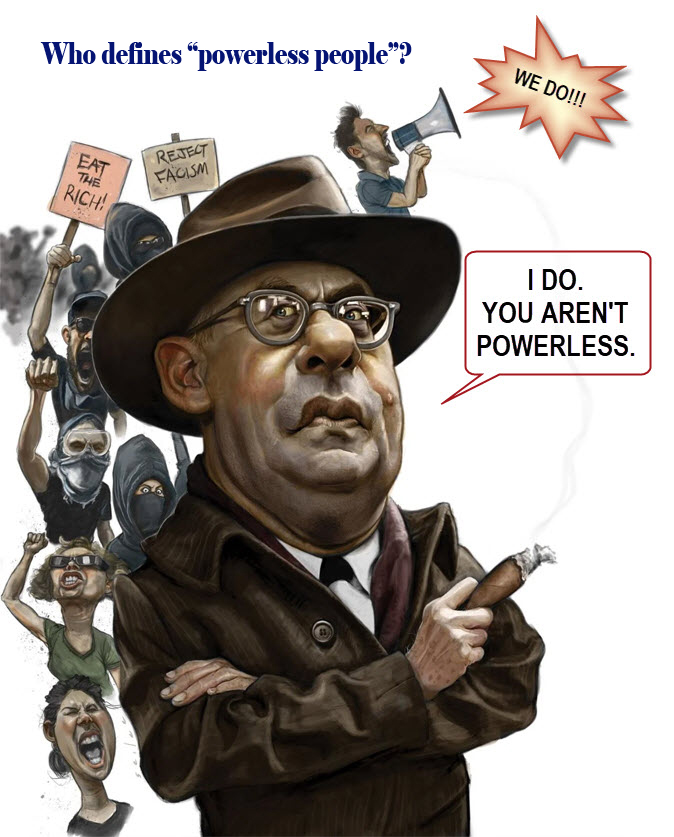
Because we have a system that allows for a simple majority to rule the day, and some would take advantage of that—even leveraging it to pry things apart—there are things in life that require out-of-the-ordinary methods to overcome.
Who gets to decide who is “powerless” and who isn’t? Does standing up and shouting I support the underserved qualify you to be an expert on such things?
Maybe selecting who is powerless isn’t the issue. Suppose it’s methods used?
Evil Philosophies Lead to a Better Life?

Heralding the devil as an underlying principle for methods to help “the powerless” isn’t exactly a premium content method. What Alinsky doesn’t go into is that the devil’s methods—even as a myth—mislead people and take them down a path of destruction. Someone always loses. That’s not a kingdom we would want any part of.
To illustrate, these characteristics describe a rebellious, evil philosophy. Why? Pitting people against each other is not healing. They make it possible for anyone with a pet grievance to use these methods and create havoc that even Alinsky would disapprove of. They promote prejudice and misunderstanding. As a result, they encourage division.
Philosophies guide people. Alinsky attributes the devil’s ability to “rebel against the establishment” effectively enough to “win his own kingdom” as a good and effective tool. But is it?
Uncommon Revelations
We believe the devil is very real, and what Saul Alinsky perceived as victory is self-destruction puffed up by arrogant pride, an expression of wanton, reckless, and foolhardy contempt of danger. It’s truly immaturity, which Alinsky embraces like a life philosophy worth selling everything to obtain. These are very short-sighted and fleeting ideas that will be replaced with eternal realities that Alinsky is likely regretting right now. In this case, it is banishment from God and eternal condemnation in the lake of fire. Certainly it wasn’t worth that.
Saul Alinsky brazenly followed the devil to his pit of doom. To borrow a line from a famous movie, “Star Wars”, a central character Obi-Wan Kenobi says, “Which is the greater fool, the fool himself, or the one who follows him?” This is very relevant to Alinsky following the devil’s queues.
Aim of This Page
Saul Alinsky and his ideas about “community organization” are the topic of this page. Like most people, Alinsky wanted to help others. From his view of truth, he saw that only the “powerless people” (his definition) needed help this way. But most of us want to help those who need help. Only some believe Alinsky’s methods are sound, lasting, or ethical. They are effective but not good. “The operation is a success—the perceived evil is cut out. Unfortunately, the patient dies from the procedure.”
Because they are effective in this world that has fallen from God’s grace, they are popular as a shortcut to solving problems that seem to take forever or get ignored by “the establishment”.
The devil rebelled against God and His Kingdom. Do we really want to equate God’s Kingdom with “the establishment”?

If God is perfect love, “the establishment” can’t be all that bad. We believe there is nothing better for everyone.
The Establishment Isn’t All Bad—It’s Mostly Good
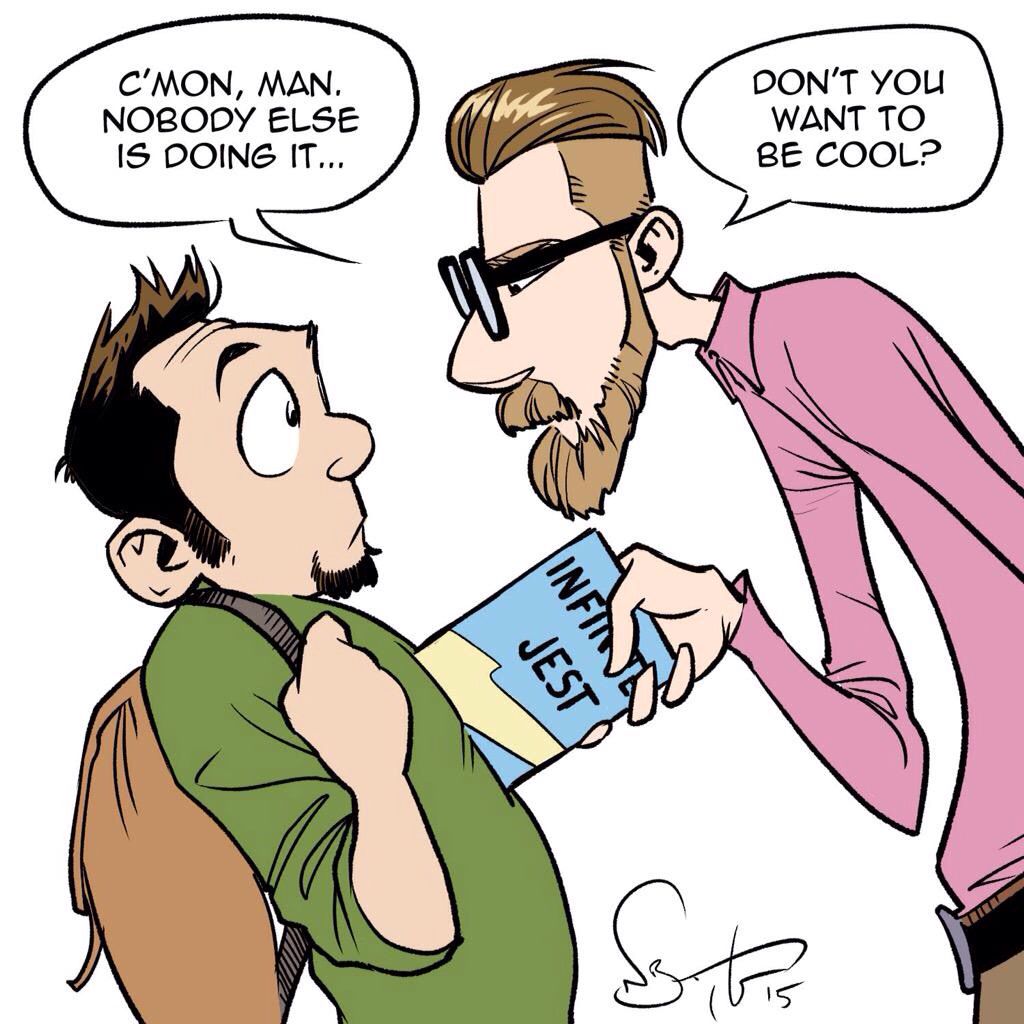
Don’t throw the baby out with the bathwater! The establishment has good and valuable things in it. In fact, God’s kingdom is a perfect establishment.
Saul Alinsky was a self-described radical – a devil (his words). Others described him as a “community organizer”. What did he really organize? Chaos? Division? Exclusion? He sews hatred in his followers for those in the establishment these self-styled do-gooders fight.
Many see Alinsky as a troublemaker and an unnecessary destroyer of good social structure. This is different from bad things within the establishment. Indeed, from activists to President Obama (and a would-be president Hillary Clinton), his system looks pretty influential—to radicals. Consequently, we feel the shockwaves of his methods practiced by radicals to this day. He is indeed the pied piper of radicalism.
Despite what the Washington Post article above says, it’s the ideas Alinsky attributes to the devil that underly his methods. It’s hair-splitting to say Alinsky didn’t speak about the devil’s methods in his book. It’s full of the devil’s philosophical thought.
Contrasting Approaches to Change
Saul Alinsky seemed to relish hanging out with the lower class of society. This is not wrong at face value. Jesus did the same thing, and He calls us all to serve people in this class lovingly. But Alinsky’s underlying motives were very different.
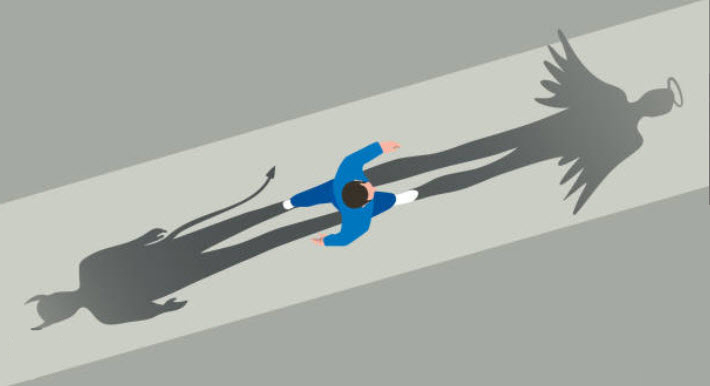
Alinsky liked devious, vindictive, vengeful methods for overcoming power and improving the lives of “powerless people”. Ways that don’t bring people together but instead divide us. He felt the only way to force change was to be a devil and circumvent the establishment.
His filtered perspective was exposed in the above tribute to the devil, and other quotes, like the Playboy magazine interview, included below for illustration.
God’s Approach
Jesus was a “revolutionary” and “community organizer” who pointed out wrongs in the “establishment”. He operated on selfless love and won the hearts of “powerless people”, and the world was changed – not torn apart. He didn’t even consider whether a person was “powerless” or not. Jesus also criticized “the establishment”. He said, “…“It is not those who are healthy who need a physician, but those who are sick; I did not come to call the righteous, but sinners.” Mark 2:17.
His motives were love for all of His created ones—not just those who suffer in this life.
That’s the difference between God and the Devil in approach. One brings healing, union, and love – the other division, hate, and resentment.
The Devil’s Approach
Alynski, like the devil (whether mythological or real—it isn’t important because the attributes are associated with evil ways), decided it would be better to fragment people to get something done quickly and without diplomacy or love. But wrong does not beget right.
It’s easy to see that the devil has influenced anyone who embraces his methods if you believe the devil is real. The devil’s ways don’t last, but they drag people down. This “over-the-shoulder acknowledgment” of radicalism exposes Alinsky and his followers and their evil motives, or at least their dysfunctional filter of the world.
Alinsky’s Ideas About the Allegory of Hell – He Didn’t Believe
"PLAYBOY: Having accepted your own mortality, do you believe in any kind of afterlife? ALINSKY: Sometimes it seems to me that the question people should ask is not “Is there life after death?” but “Is there life after birth?” I don’t know whether there’s anything after this or not. I haven’t seen the evidence one way or the other and I don’t think anybody else has either. But I do know that man’s obsession with the question comes out of his stubborn refusal to face up to his own mortality. Let’s say that if there is an afterlife, and I have anything to say about it, I will unreservedly choose to go to hell. PLAYBOY: Why? ALINSKY: Hell would be heaven for me. All my life I’ve been with the have-nots. Over here, if you’re a have-not, you’re short of dough. If you’re a have-not in hell, you’re short of virtue. Once I get into hell, I’ll start organizing the have-nots over there. PLAYBOY: Why them? ALINSKY: They’re my kind of people." Playboy Magazine, 1972
In a sense, Alinsky stumbles onto a truth in this interview, though not the one he believes he is asking. “…[It] seems to me that the question people should ask is not “Is there life after death?” but “Is there life after birth?”. We know he meant that we should ask, “Shouldn’t we live this life after we are born instead of worrying about a life we can’t prove exists?” But if we have been born into this life, we don’t have to choose to live—we already have a life to live.
Over Analyzing—The Devil’s Playground
There is a theme in Alinsky’s reasonings. It’s the devil’s theme and one he doesn’t realize he falls victim to. And the devil has been using it since the original sin. Its other name is “over-thinking” or “over-analyzing”. He plants an idea into our minds.
In the garden, when he talked Eve into eating the forbidden fruit, he got her to over-analyze a clear and specific commandment not to eat the fruit because she would die. The devil sewed doubt in Eve’s mind when he told her, “Surely you will not die! For God knows that in the day you eat from it your eyes will be opened, and you will be like God, knowing good and evil.” Instead of believing God, she started thinking about what the devil told her and wondered if he was right.
That was literally her fatal mistake. She received the devil’s idea and “over-analyzed” it and decided to go against God. With Alinsky, the same theme, modified a bit, is there. The seed of thought he received from the devil: “Why worry about a life you don’t know exists—live the one you know about. Don’t get sucked into the trap of obedience to an idea that may lead nowhere.”
He didn’t get sucked into that trap—he got sucked into a worse trap, the one where you spend eternity in darkness or worse, into a place where the devil and your regrets torment you for eternity. It’s called the Lake of Fire.

We would point out that it would have cost him only a little time if he had put his mind to investigating eternal life and being born again instead of over-analyzing some hasty ideas about it.
A Better Approach
How we choose to live that life has eternal ramifications. That’s a point lost on Alinsky because instead of probing deeply into the possibility, he skeptically and reflexively scoffs at the idea. He wouldn’t miss the point if he were aware of the second birth, which is a spiritual birth. We need to ask, “Is there life after being born again?” The answer is—that is when life really begins.
If Alinsky understood the second birth, he would have profoundly stumbled onto the most significant truth to us in the question, “Is there life after “[second] birth?”. Jesus is the one who first used the term “born again”. He referred to being born physically and then realizing Jesus provides eternal spiritual life; we become “born again”.
The Important Method to Follow For Helping The Powerless
It is important to live this born-again life. That is where we shine! That’s where real life begins. This is where we reflect Jesus in a selfless, loving way. To live this life, we lay down our lives, take up our cross, and follow Jesus. We serve others automatically because we have a changed nature.
Following Alinsky’s allegory, the devil won a battle but lost the war because his kingdom is ending, and he will be cast into the “Lake of Fire“. The devil’s kingdom ends up being a place of eternal torment. That’s not a great method because it ultimately fails and condemns its practitioners for eternity. I would venture to say he knows that, at this point, because he has met with his eternal destiny, like we all will when we pass from this life.
Contrasting Approaches—Alinsky’s Versus Jesus’s
To further illustrate why Alinsky’s approach, while effective for his “powerless”, leaves massive residual effects and unintended consequences, while Jesus’s approach brings healing to all people involved.
Tactics
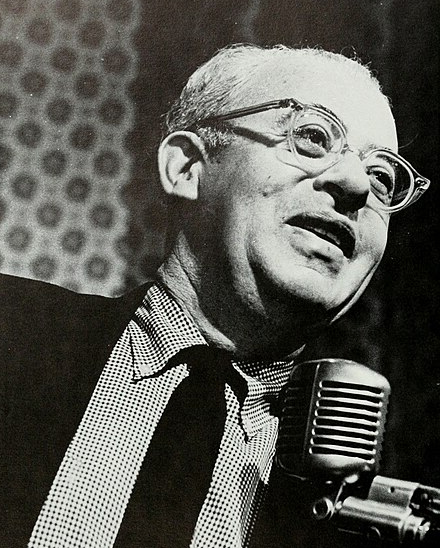
Saul Alinsky said, “Tactics mean doing what you can with what you have.”
Presumably, this was about helping the “powerless people”, a nebulous crowd defined by the handlers of the tactics and shifting depending on what the definition needs to be to justify helping them—or worse, depending on how disfavored the other group has become in their minds.
These tactics pit one group against another, and one group always gets outcast, leaving them resentful and feeling abused. It’s ironic that, in the effort to help the powerless, a new group gets that title as the old group gets out of it. It’s a conundrum.
From these tactics come division, distrust, hate, and a myriad of other negative, harmful things to sew discord in society. If people just want to be “normal” and have what everyone else has – how is this helpful?
The problem isn’t solved; it’s just shifted onto a different group. It feels good. There is a sense that you’ve helped someone. (Does this invoke the idea that it is done to soothe an aching conscience rather than make this a better world?)
But the problem isn’t solved—just shifted onto others. Now, there is more discord than before as the new group resents being placed in that position, and the old group is the recipient of that resentment. And Alinsky’s ingenious methods brought that discord without solving the problem.
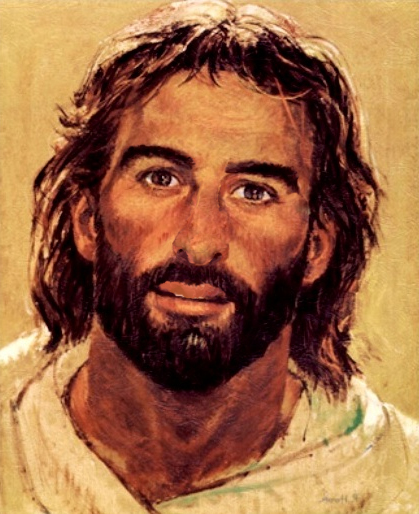
Jesus said, “…love your enemies and pray for those who persecute you“. This applies in all circumstances and doesn’t try to divide people. This approach espouses unity and focuses on others and their needs from a posture of love. It sews love, acceptance, understanding, empathy, and a myriad of other positive things. And that empowers all of us—not just a group Alinsky defines as “powerless”.
Corruption

Saul Alinsky said, “Life is a corrupting process from the time a child learns to play his mother off against his father in the politics of when to go to bed; he who fears corruption fears life.”
To acknowledge “a corrupting process” shows that there is a right and wrong.
However, Alinsky doesn’t advocate staying away from the wrong; instead, he suggests embracing the wrong, relishing it, and nurturing it to blossom corruption to its fullest extent in the human heart. This is what sews the negative listed above.

God’s Word says, “[Those who don’t know God] are darkened in their understanding, alienated from the life of God because of the ignorance that is in them, due to their hardness of heart. They have become callous and have given themselves up to sensuality, greedy to practice every kind of impurity.” Ephesians 4:18-19
…and Jesus said, “I was watching Satan fall from heaven like lightning.” Luke 10:17-18
Scripture touches a lot on the idea that humans have been born into sin since the fall of man in the Garden of Eden. Here is just one website’s list of passages that discuss humans being corrupt and being born into it.
About Selfishness
It is no surprise that we are selfish from birth. When infants need food or a change, they scream and cry until their needs are met. Nothing is more self-centered, and we keep that theme going throughout our lives—unless something intervenes to change that. We have a brain in our heads. We do not need to continue such reflexive, primal behavior once we realize it is selfish and can be changed.
How ironic, then, that Alinsky says he is for helping others, yet he advocates nurturing that self-centeredness inside us from birth. It’s a conundrum.
We don’t have to nurture corruption just because we see it as a reality and “natural”. Lots of “natural” things are dysfunctional. Being “natural” doesn’t mean we should embrace it. Disease is “naturally occurring”, should we embrace that?!
Jesus and Scripture advocate getting free from that corrupt nature through teachings and approaching life from a loving nature that serves others instead of forcing change on them.
Change

Saul Alinsky said, “Change means movement. Movement means friction. Only in the frictionless vacuum of a nonexistent abstract world can movement or change occur without that abrasive friction of conflict.“
Change for the sake of change is futile and unnecessarily disruptive, and people tend to resent being taken out of a process that works for them. Granted, Alinsky aimed to “help the powerless people“. But how that “change” is affected makes a real difference in how society is left afterward.
Public protest has a place
We acknowledge that sometimes injustice warrants big things to get attention so that change will happen. Public protests are one way of getting that attention. But it should be the exception—not the rule.
Martin Luther King Jr staged peaceful protests that brought people from all races together and spoke of change through “content of character” and not outward appearances. His motive was love for all humanity. He listened to others. He expected others to listen to him.
Contrast that with corrupt, violent, destructive riots where people are not listening to each other. Evil and destruction are often wrought on society with Alinsky’s tactics, use of corruption, and change, and society is worse off as a result. Filtering the world from an “us or them” perspective is the likely cause. And it IS at the base of Alinsky’s methods.
Many who grasp Alinsky’s methods also see that the methods can be used for very selfish special interests by people who don’t care about how they leave things behind them. And that makes the methods dangerous, destructive to society, and seriously lacking.
It’s a bitter and cynical approach to life, and Alinsky’s “live life after birth” approach would benefit from psychological therapy for a brighter perspective on life, not to mention a spiritual re-birth. His outlook was such a dark, sinister filter on life.

Jesus offers a far better, more functional approach to life and helping everyone in need, not just those defined by “community organizers” as the “powerless people” from a political perspective.
His ways are love for everyone. And how can you argue against that? Why would you?
Conclusion
So we see that Alinsky’s methods, while they are effective and impact change, are not the best methods for society, and almost without exception, they leave a mess behind that makes society worse. They are selfish, bitter, and cynical, leaving its practitioners to deal with these character flaws. How can life be quality if you have such attributes?
If you’re trying to improve the world for yourself and don’t care what happens to people other than those you’re trying to help, consider what that says. You’re just doing to others what you believe has been done to the “powerless people”. So it becomes—not about improving the world, but just shifting who the “powerless people” are.
By contrast, the methods used by Jesus are loving and accepting of all people. They are positive and helpful without leaving behind a mess that makes society worse off. They bring unity amongst all people—IF His methods are embraced. Even if you strip out the substance of spiritual life and only practice Jesus’s methods, the world wins!
Do you see the difference? The Alinsky approach looks at the fruit of dysfunction, and declares the dysfunctional his opposition. It requires looking at others and their actions—not one’s self and being introspective before hand. The Christian approach says “take the log out of your own eye first, and then you can see to take the speck out of your brother’s eye”, Matthew 7:2-4.
We believe it is even better if you let those methods impact your eternal life!
Send your thoughts and questions on the Saul Alinsky Conundrum
Powered by WordPress

